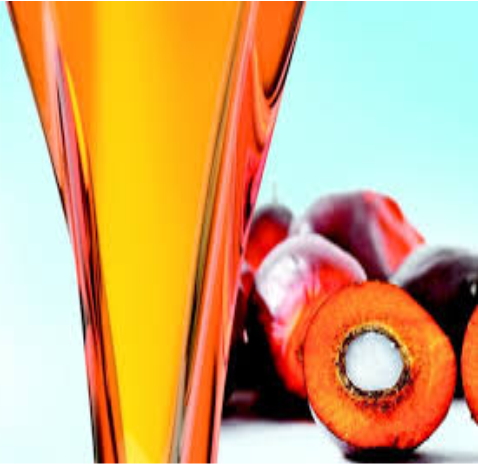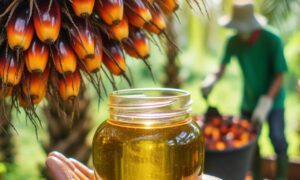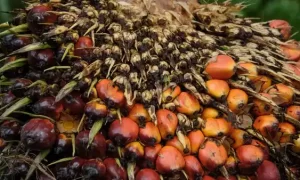Palm oil price worries in local market as Indonesia plans export cut

Indonesia’s plan to raise palm oil export duties from September—7.5% to 10% on crude oil and up to 9.5% on refined products—has pushed Bangladesh’s edible oil prices up by Tk70–100 per maund. With 80% of imports sourced from Indonesia, traders expect further hikes as global prices climb above \$1,000 per ton.
Amid concerns over Indonesia’s move to curb palm oil exports in order to boost its use in biofuel production, Bangladesh’s edible oil market is experiencing price hikes.
Starting this September, Indonesia plans to raise its export duty on crude palm oil from 7.5% to 10%, and on refined products up to 9.5%. As a result, in the past month, the wholesale price of edible oil in Bangladesh has increased by Tk70–100 per maund (37.32 kg), and traders fear prices could rise further in the coming months.
According to a Reuters report, Indonesia will raise its palm oil export levy to finance a mandated increase in the amount of the oil used in biodiesel. The mandatory blend of palm oil in biodiesel has been raised to 40% (B40) in 2025, up from 35% this year.
The government is also exploring a 50% blend in 2026, and a 3% palm-based jet fuel blend from next year to reduce fossil fuel imports. The biofuel policy has been under development since 2000 as part of Indonesia’s environmental agenda.
According to industry sources, Bangladesh has an annual edible oil demand of 2 to 2.2 million tonnes, of which 65% is palm oil, largely used by bakeries, cookie manufacturers, and food factories. About 80% of Bangladesh’s imported palm oil comes from Indonesia, making any policy change in that country significantly impact local and other developing nations’ markets.
Mohammad Shafiul Atahar Taslim, Director of edible oil importer TK Group, told The Business Standard, “Most of our palm oil comes from Indonesia. Naturally, a drop in their exports affects us. Global prices have already reacted. Booking prices are up. Compared to the government-fixed retail price, we are spending Tk100–125 more per ton just to make the product market-ready. We’ve informed the government.”
The Indonesia Business Post reports that the 2025 B40 programme will have a biodiesel quota of 15.6 million kilolitres, a 20% increase from the 12.98 million kilolitres in 2024 under the B35 program.
According to the Reuters report, the global price of palm oil has increased by 5.4% compared to 2024.
According to the World Bank’s Commodity Pink Sheet report and data from the Chicago Board of Trade (CBOT), between April and June this year, global palm oil prices were stable or declining. In April, the FOB (free on board) price per ton was $994. But in July, the price crossed $1,000 per ton.
Khatunganj wholesale market, one of the country’s key trading hubs for commodities, current wholesale prices per maund of palm oil are Tk5,800–5,850; up from Tk5,700–5,750 a month ago. Super palm oil, a more refined edible form, from Tk5,900 to 6,000. Soybean oil now sells for Tk6,550, up from Tk6,400–6,450 a month ago.
Golam Mawla, President of the Bangladesh Wholesale Edible Oil Traders Association, told TBS, “We sell at a slight profit over the price importers charge us. There’s no real government control at the wholesale level. Even when global booking prices fall, local retail prices don’t change unless adjusted by the government.
“Now with booking prices increasing again, we’ll see new price hikes. Since palm oil is widely used here, price hikes affect many sectors.”
To Read more about Edible Oil News continue reading Agriinsite.com
Source : The Business Standard

















